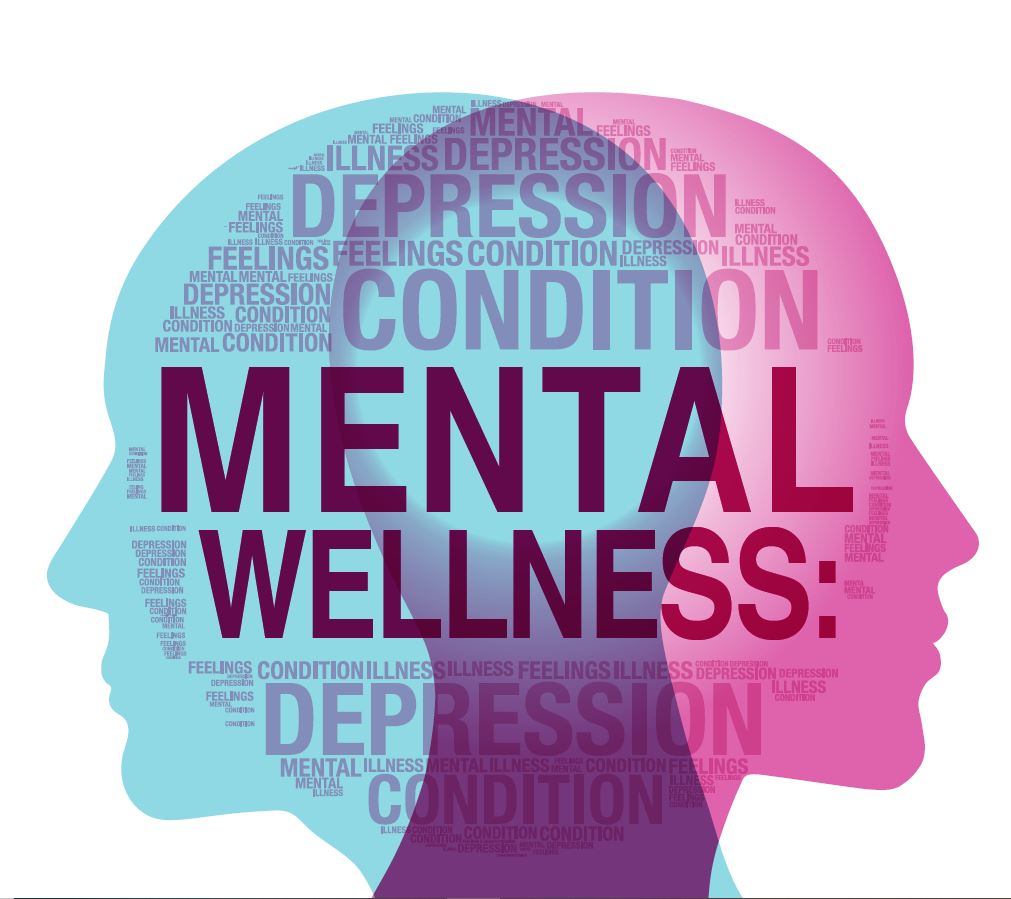Accessing Top-tier Mental Health Services Made Easy
Accessing Top-tier Mental Health Services Made Easy
Blog Article
Recognizing the Effect of Exercise on Mental Health And Wellness and Total Wellness
Past its physical benefits, the effect of exercise on one's mental health and wellness has actually been a subject of expanding interest and research study - Mental Health Services. As we navigate with the intricacies of this partnership, a much deeper understanding of how exercise influences our mental state and general wellness emerges, dropping light on the profound ramifications it holds for our day-to-day lives and long-term health.
Benefits of Exercise on Mental Health And Wellness

Regular physical workout has actually been shown to considerably improve psychological health and wellness outcomes in individuals of all ages. Involving in regular workout not just benefits physical wellness but likewise plays a critical function in boosting mental health and wellness.
Additionally, workout has actually been linked to boosted cognitive function and total brain health and wellness. In addition, exercise advertises far better sleep patterns, which are crucial for maintaining great psychological health.

Link Between Workout and Anxiety
Exercise works as a potent device for relieving stress and promoting psychological wellness by facilitating the launch of endorphins and fostering a feeling of relaxation and restoration. When tension degrees increase, the body's fight-or-flight response is caused, resulting in raised cortisol levels. Normal exercise aids counteract this action by reducing cortisol degrees, which in turn eases stress. Exercise promotes the production of endorphins, often referred to as the body's natural medicines, which act as state of mind elevators and tension reducers.
Taking part in exercise also provides a diversion from day-to-day stress factors, allowing people to concentrate on today moment rather than ruminating on sources of anxiety. In addition, workout can improve self-confidence and self-confidence, giving a feeling of success and control that can deal with feelings of helplessness frequently associated with tension. By incorporating exercise into a regular routine, people can successfully take care of anxiety levels, resulting in improved mental well-being and total lifestyle.
Influence of Workout on Mood
Taking part in physical activity has been revealed to considerably affect one's mood and emotional health. The connection between exercise and mood is well-documented, with many researches highlighting the favorable results of physical task on mental health. When we take part in exercise, our bodies release endorphins, commonly referred to as "feel-good" hormones, which can assist relieve sensations of stress and anxiety, stress and anxiety, and depression. Additionally, routine workout can result in boosted self-esteem and a feeling of accomplishment, which can better enhance one's total mood.
Additionally, the influence of workout on mood prolongs past simply the immediate post-workout period. Research study recommends that people that maintain a consistent exercise regimen are more probable to experience long-term renovations in their mood and emotion. This can be connected to the architectural adjustments in the brain that happen as an outcome of regular exercise, such as enhanced connectivity in between mind areas responsible for controling feelings.
Workout and Cognitive Feature
Countless studies have shown the substantial impact of physical task on cognitive function, highlighting the elaborate relationship in between workout and psychological procedures. Participating in regular exercise has actually been revealed to boost various facets of cognitive function, consisting of memory, focus span, problem-solving abilities, and overall psychological skill. Physical activity stimulates the launch of neurotransmitters such as dopamine and serotonin, which play vital duties in cognitive function and mood regulation. Additionally, exercise promotes the growth of new brain cells and reinforces the links between them, resulting in improved cognitive efficiency.
In addition, constant exercise has actually been connected to a lowered danger of cognitive decline and neurodegenerative conditions such as Alzheimer's. Studies suggest that people that preserve an active way of life throughout their lives experience slower rates of cognitive decline contrasted to those who are less active. In general, the proof overwhelmingly sustains the concept that routine exercise is not just valuable for physical health and wellness but likewise plays a vital duty in preserving and look at this website boosting cognitive function.
Methods for Integrating Exercise
Taking on a structured approach to integrating exercise right into daily routines can significantly improve the likelihood of preserving a regular exercise program. One reliable technique is to establish details, achievable objectives. These objectives should be sensible and customized to individual abilities to protect against sensations of failure and guarantee inspiration. In addition, incorporating exercise into existing regimens, such as strolling or biking to work, taking the stairways rather than the lift, or organizing regular workout sessions, can assist make exercise a regular component of life.
One more helpful strategy is to locate tasks that are pleasurable. Whether it's dance, biking, swimming, or yoga exercise, taking part in activities that bring pleasure raises the chances of sticking to the workout routine in the long run. Moreover, varying the kinds of exercises and alloting time for both cardio and strength-training activities can prevent boredom and give an all natural technique to reference physical conditioning.
Integrating exercise right into social activities, such as joining a sporting activities team or workout team, can likewise foster a sense of community support and liability, making it much easier to stay devoted to routine exercise. By carrying out these methods, individuals can produce a sustainable and meeting exercise regimen that promotes psychological health and wellness and total health.
Conclusion
In verdict, exercise has many advantages for mental health and wellness and total health. By understanding the influence of exercise on mental health, individuals can take aggressive actions to prioritize their physical task and reap the positive impacts on their psychological and psychological state.

Report this page